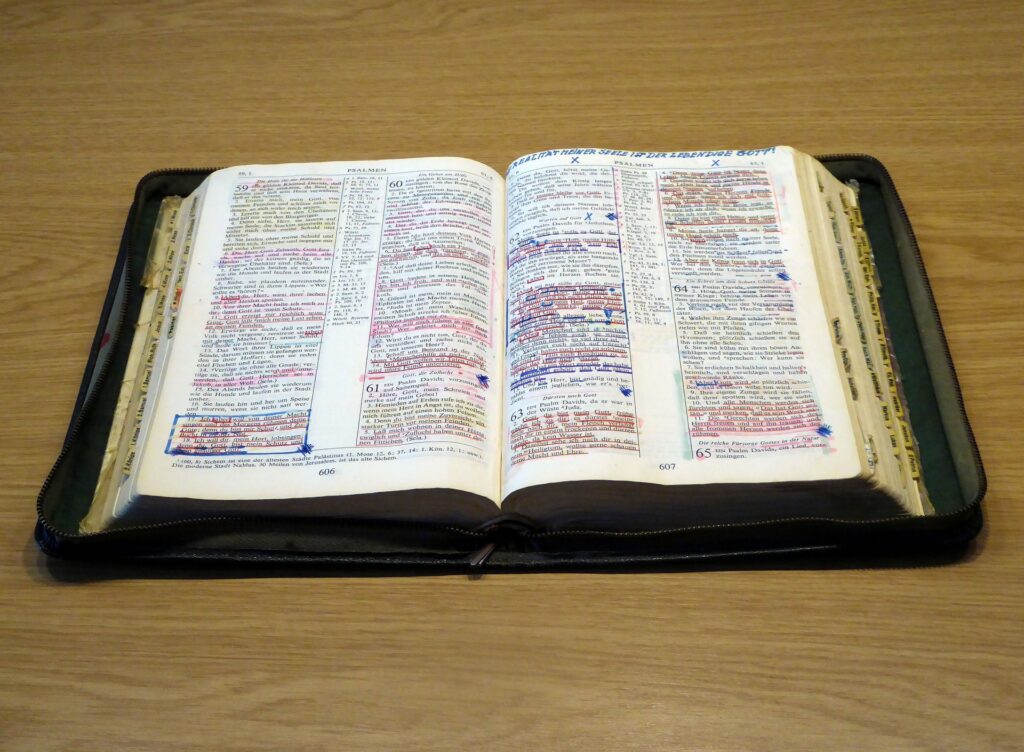
Bible Class Notes on 1 Peter 5:1 | Notes on the Petrine Epistles
Peter exhorts the elders among these Christians at verse 1. The “so” links this passage to what immediately preceded it. Peter is exhorting these elders based upon the suffering which is about to come upon the church. Because there would be suffering in the church, the church would need strong, viable leadership. Anytime the church faces a crisis, strong leaders must step up and guide God’s people.
The idea of the eldership was brought over from ancient Israel. God told Moses to go to the elders of Israel and tell them that God had promised to bring Israel up out of Egypt (Ex 3:16-18). Seventy elders of Israel went with Moses, Aaron, Nadab, and Abihu and saw God (Ex 24:9-10). The elders would often act on behalf of the people: The elders asked for a king (1 Sam 8:4) and the elders entered into a covenant (2 Sam 5:3). The elders even acted something like a governing council (e.g., Deut. 27:1). Out of this context of honored men who led God’s people, God established the eldership for the New Testament church.
These elders were among the Christians. The Greek does not have “the.” A better translation would be “any elders among you.” The idea is that not every congregation would have elders. Not every congregation in the New Testament had elders (e.g., Paul appointed elders in churches which had already been established; Titus was told to appoint elders). A congregation does not have to have elders to be biblical. As long as a congregation is constantly moving toward having elders, God will be pleased. God’s intention was for congregations to have elders.
These elders were among these Christians. These elders did not separate themselves from those to whom they ministered. Elders must be among the sheep and know what’s going on in the congregation.
Peter’s right to address these elders. If Peter did not have the proper authority, these elders would have had no reason to listen to him. He is a fellow elders. In the first and second centuries, “elders” was applied to the apostles. Notice the beginning of 2 and 3 John. There are passages in early Christian literature which speak of the apostles as elders.
However, Peter here calls himself a “fellow elder.” Although he probably could have used this term to apply to his apostleship, the elders to whom he was writing were not elders in the same way. Peter seems to have been an elder in the church in the same way as the elders whom he addressed.
He is also a witness of the sufferings of Christ. Of course, this was a requirement for being an apostle (Acts 1:21-22). If one were a witness of the resurrection, he would also have been a witness of the Passion. Although this individual may not have personally seen Jesus’s sufferings, the resurrected Lord still bore the marks of the crucifixion (Jn 20:27).
Peter, however, actually witnessed Jesus’s sufferings. Peter went with Jesus to the garden (Mk 14:33). Peter followed Jesus to Pilate’s hall. When Peter betrayed Jesus, the Lord looked here (Lk 22:61). Peter’s statement here that he witnessed the sufferings of Christ comes close to claiming apostleship.
He is also a partaker of the glory that is to be revealed. Although not all these elders would have been witnesses to the sufferings of Christ (indeed, few, if any, would have been), all would be partakers of the glory that is to be revealed. Peter and these elders will share in the glory that will be theirs when Jesus returns. Elders will “obtain the unfading crown of glory” when Jesus is revealed (v 4).
This Bible class was originally taught by Dr. Justin Imel, Sr., at the Owingsville church of Christ in Owingsville, Kentucky.





